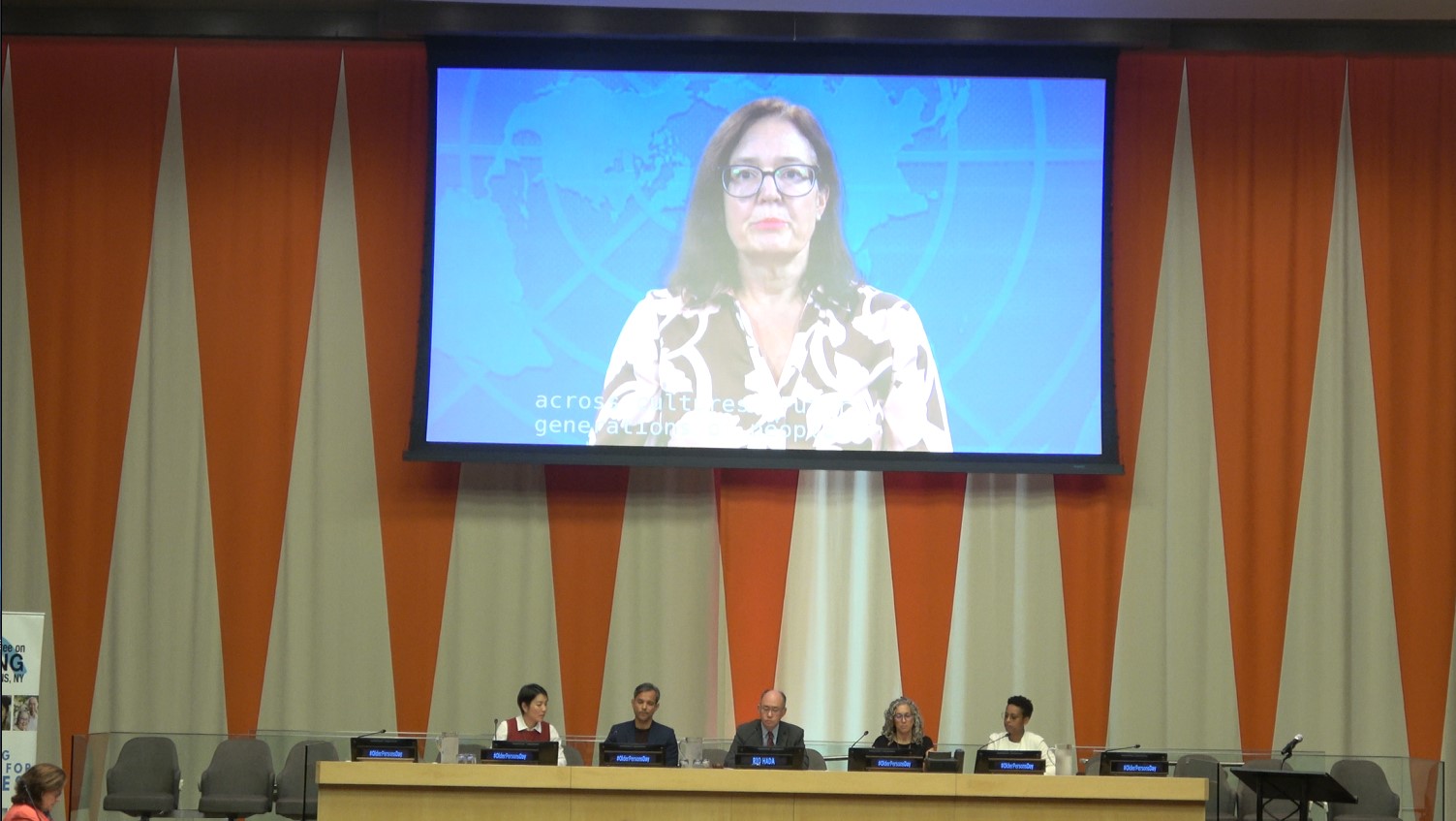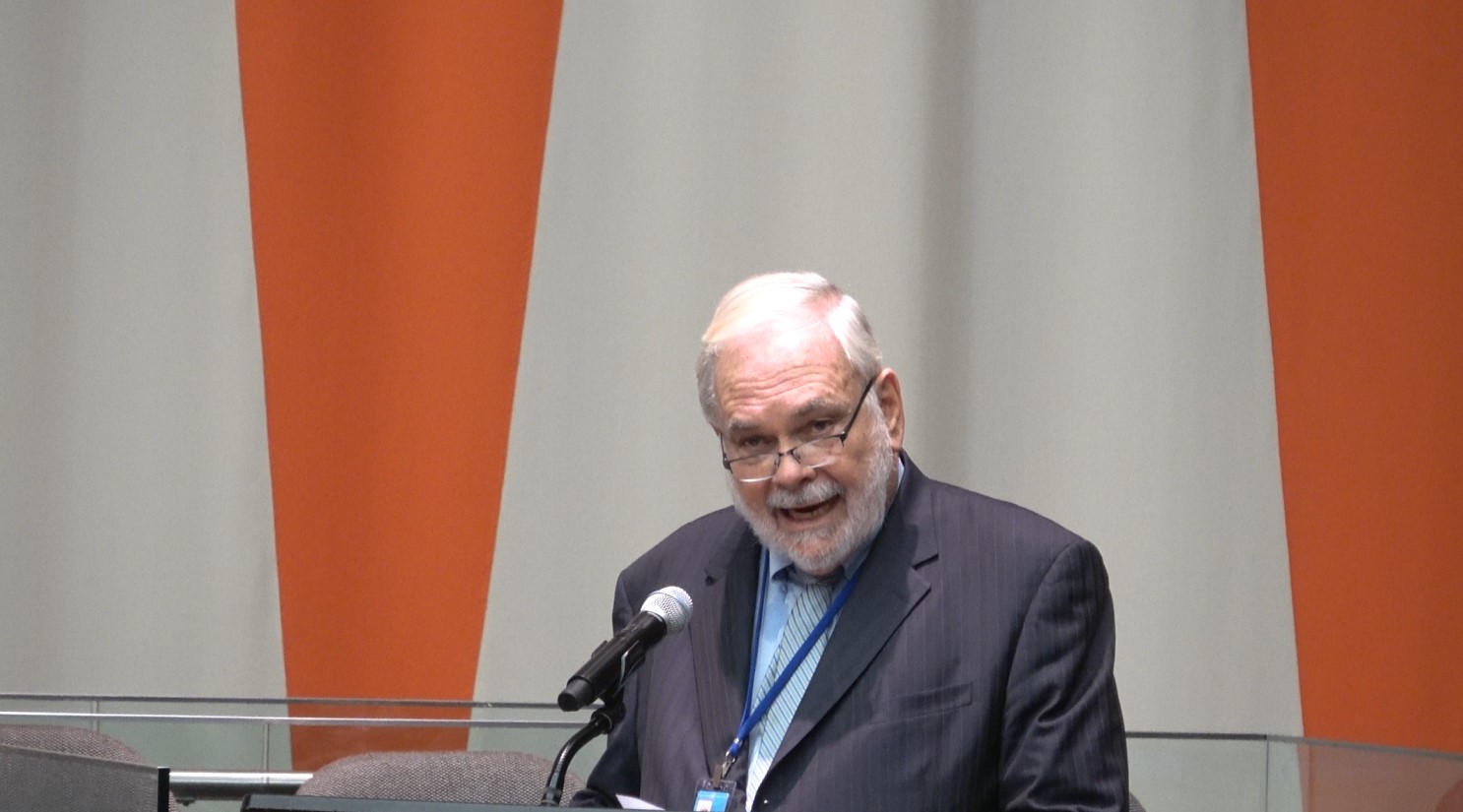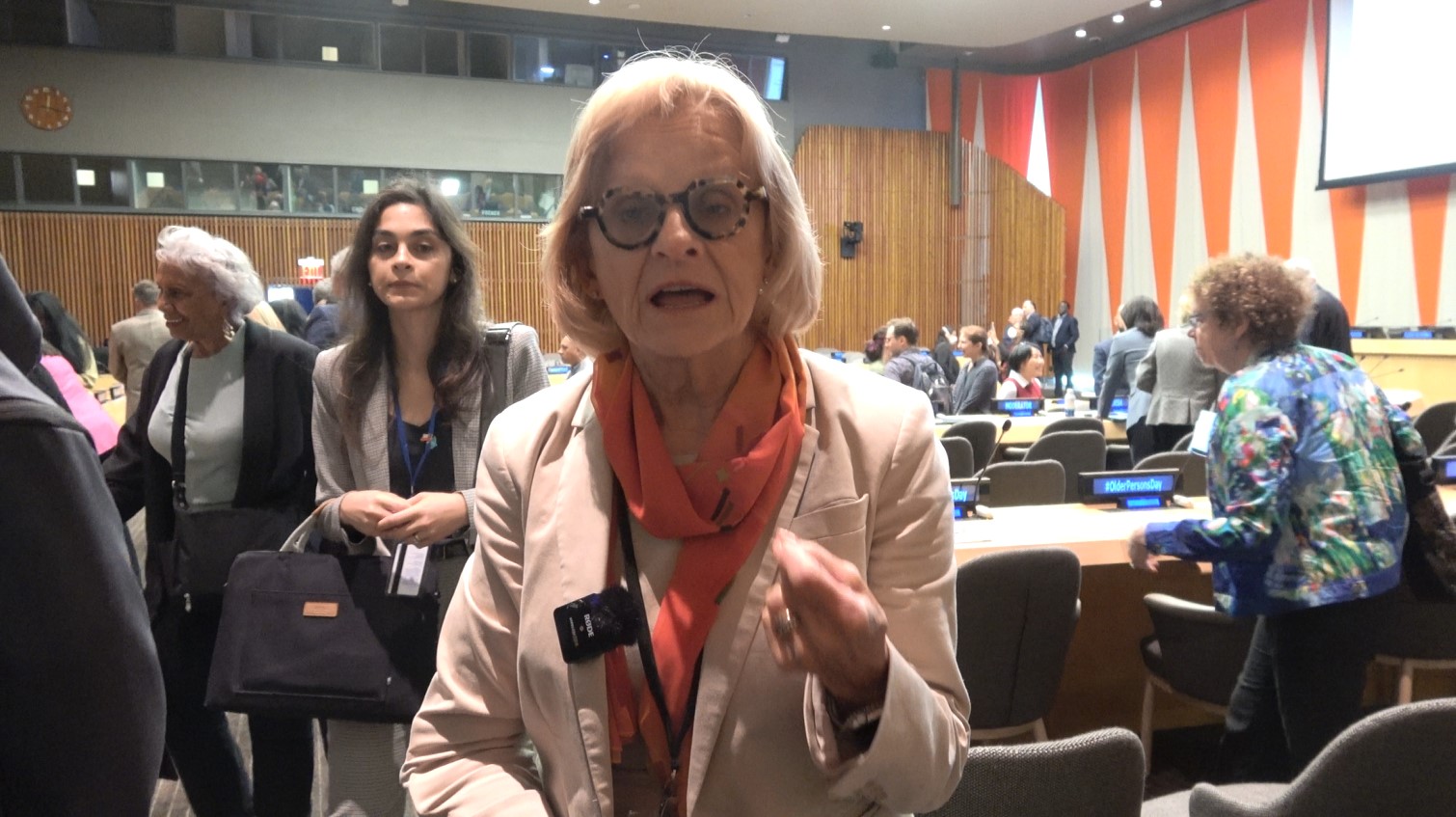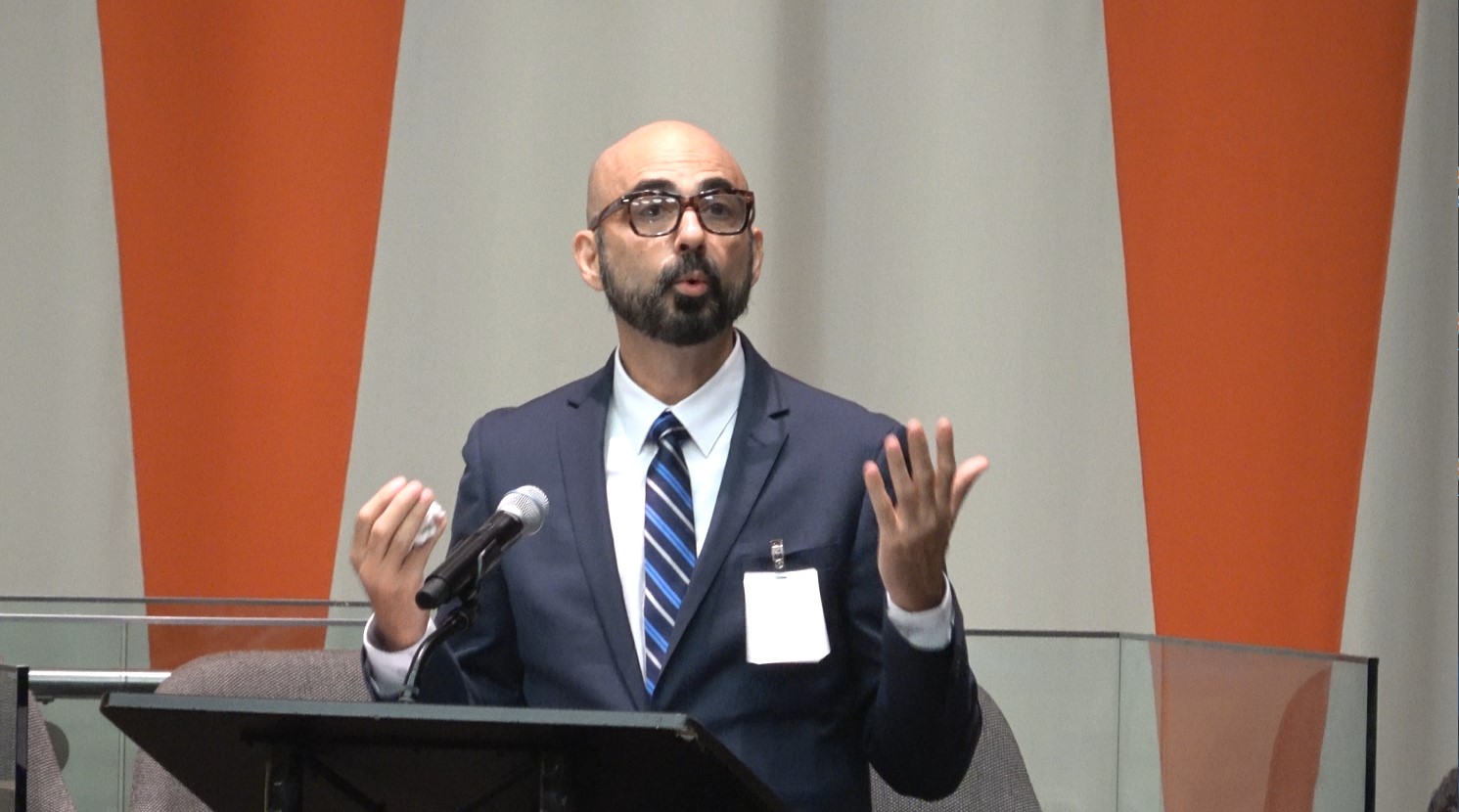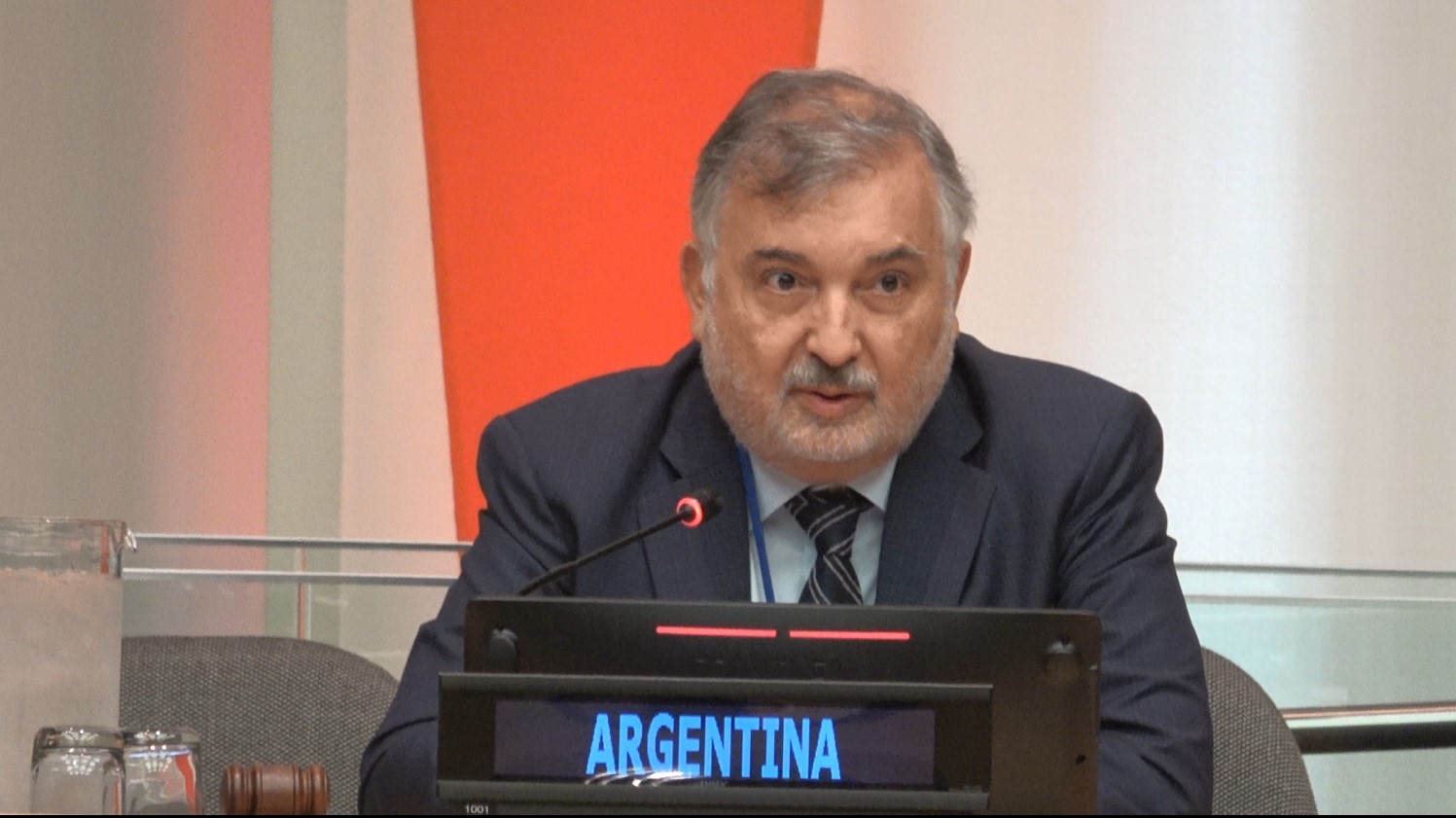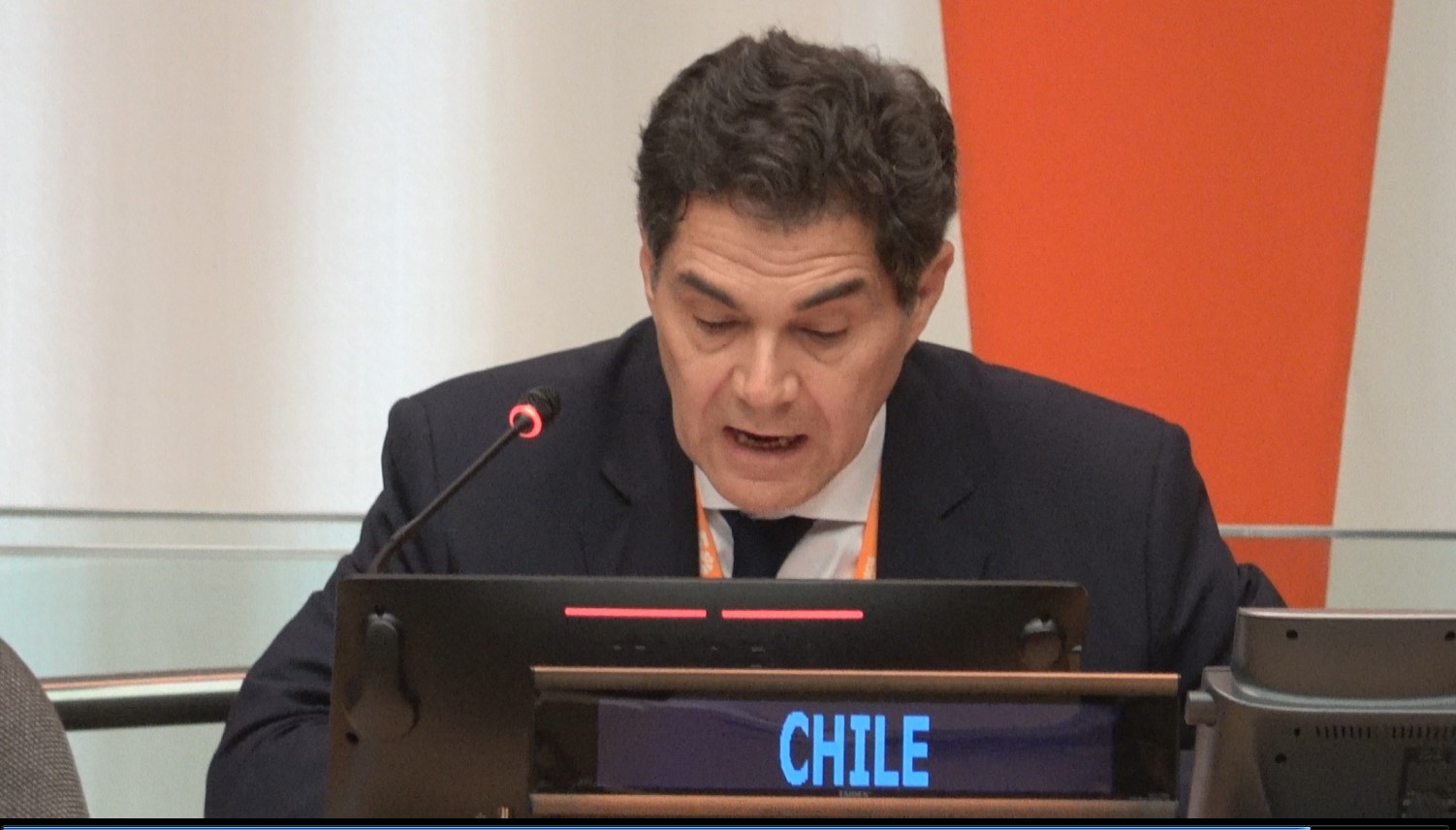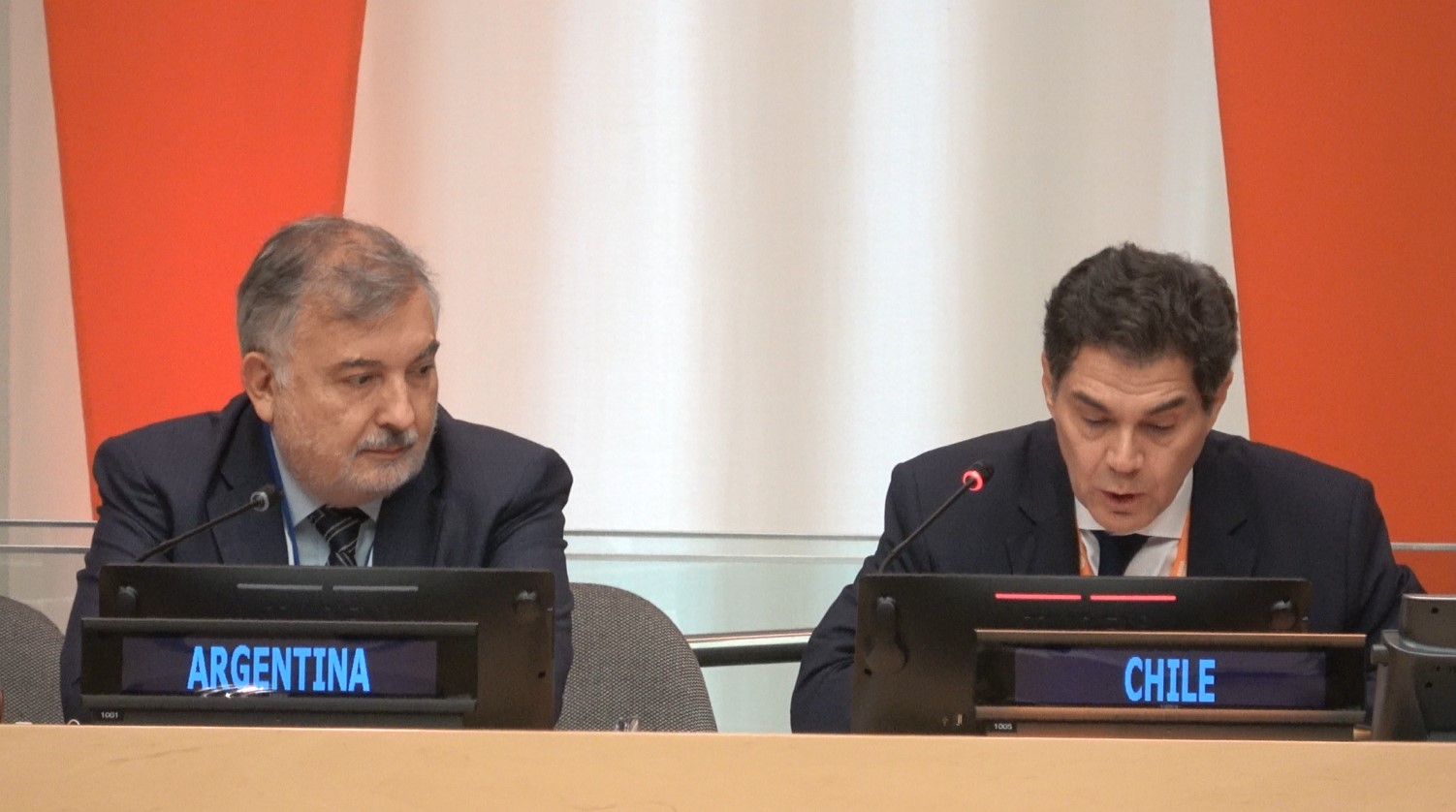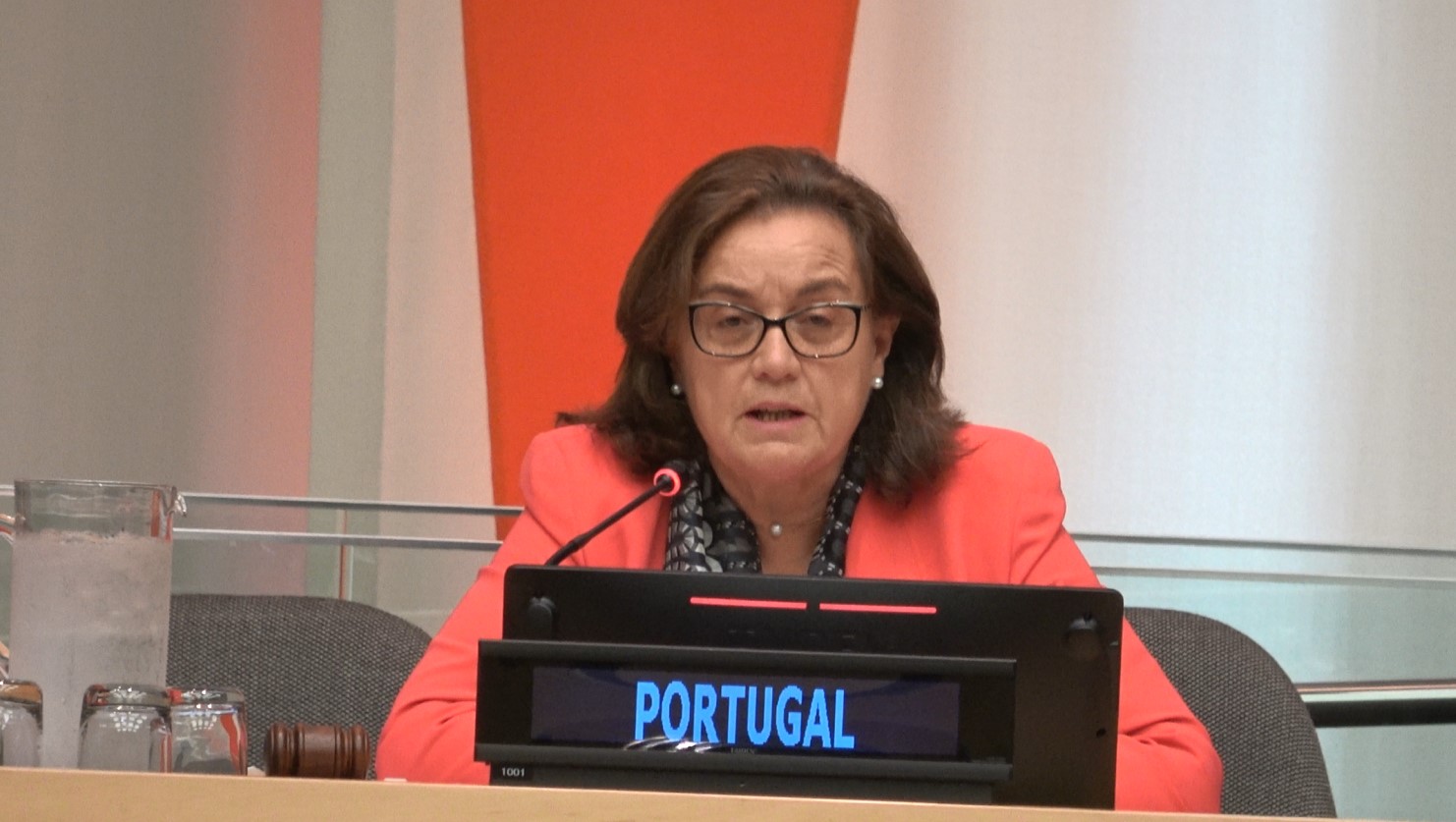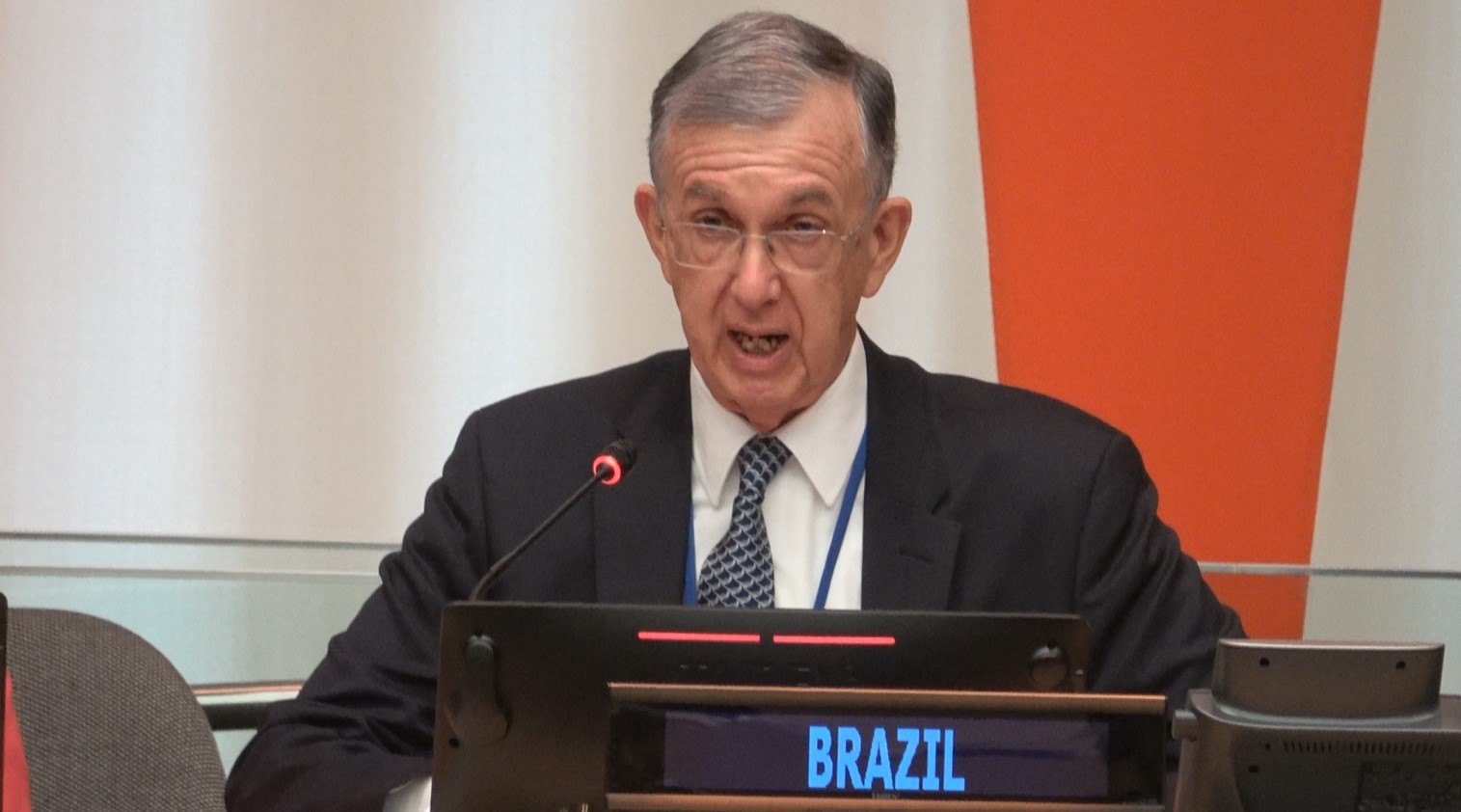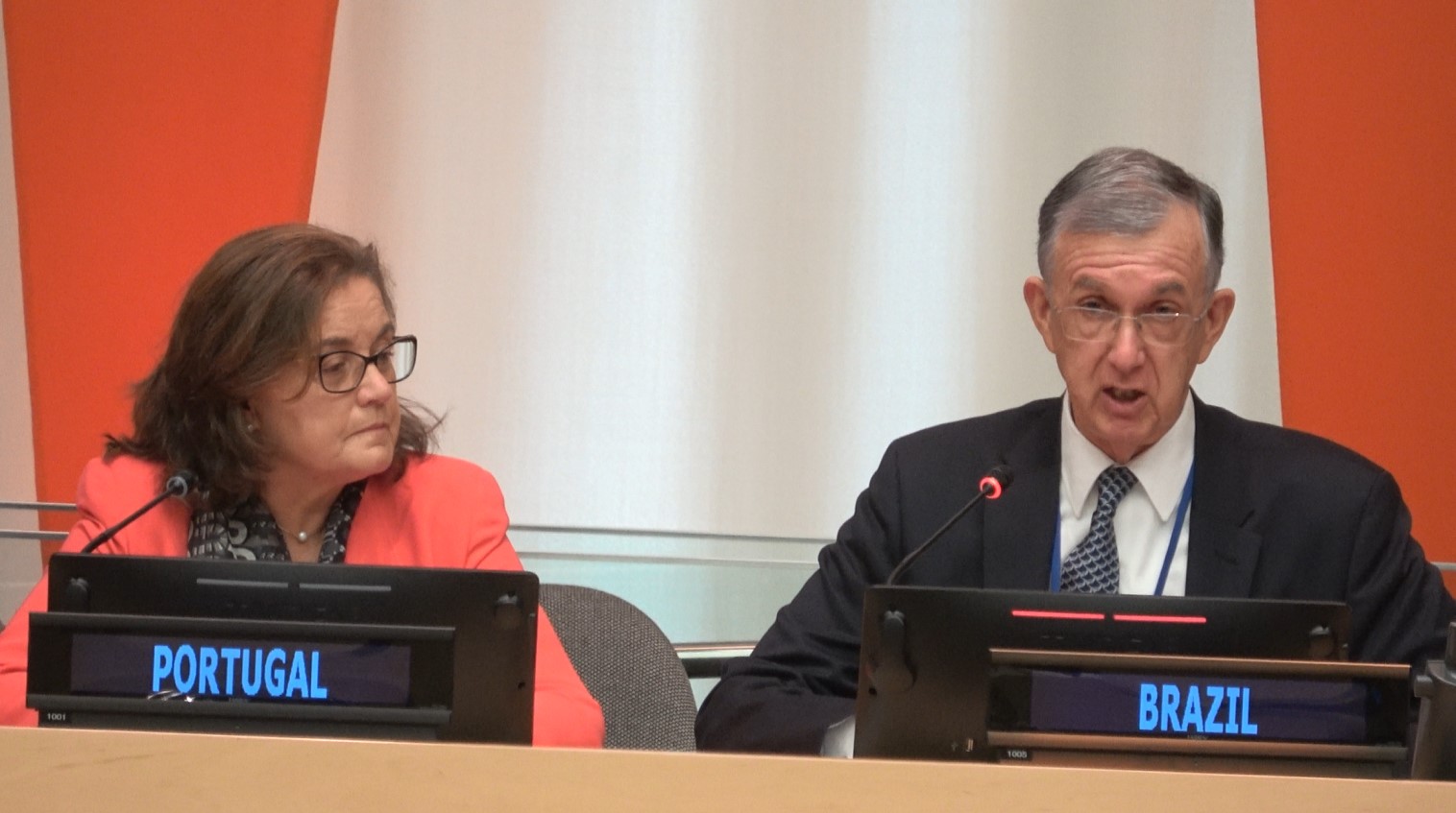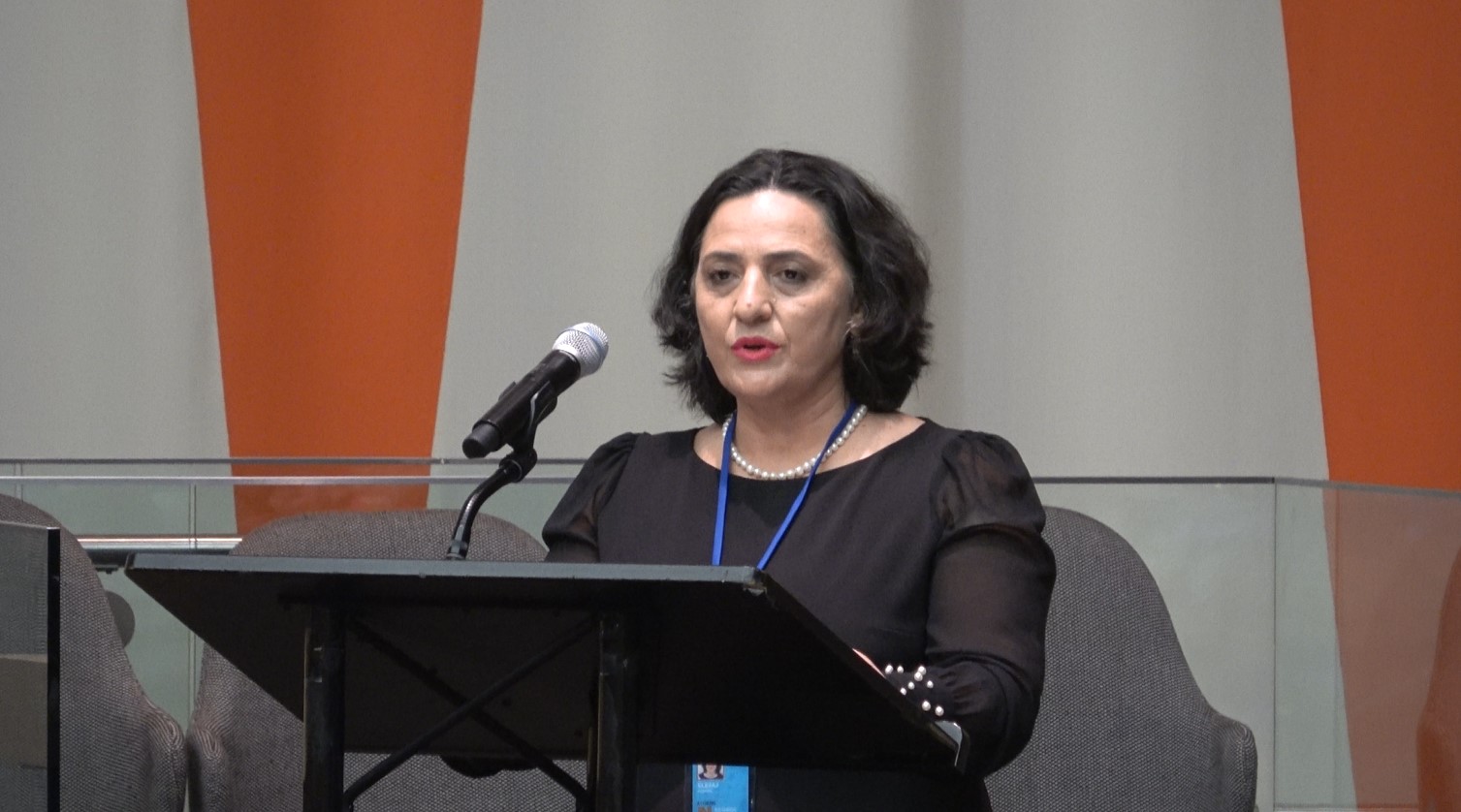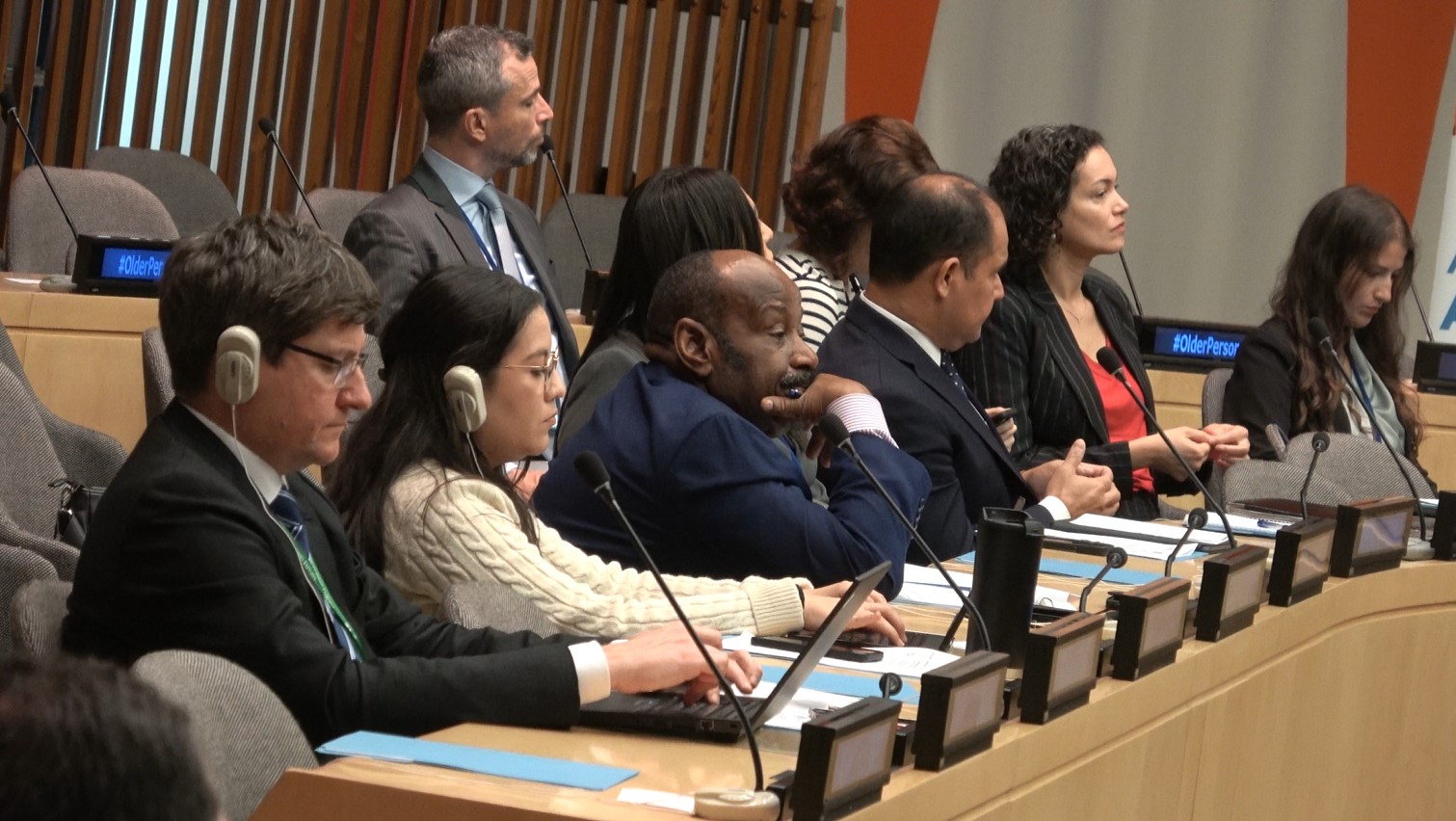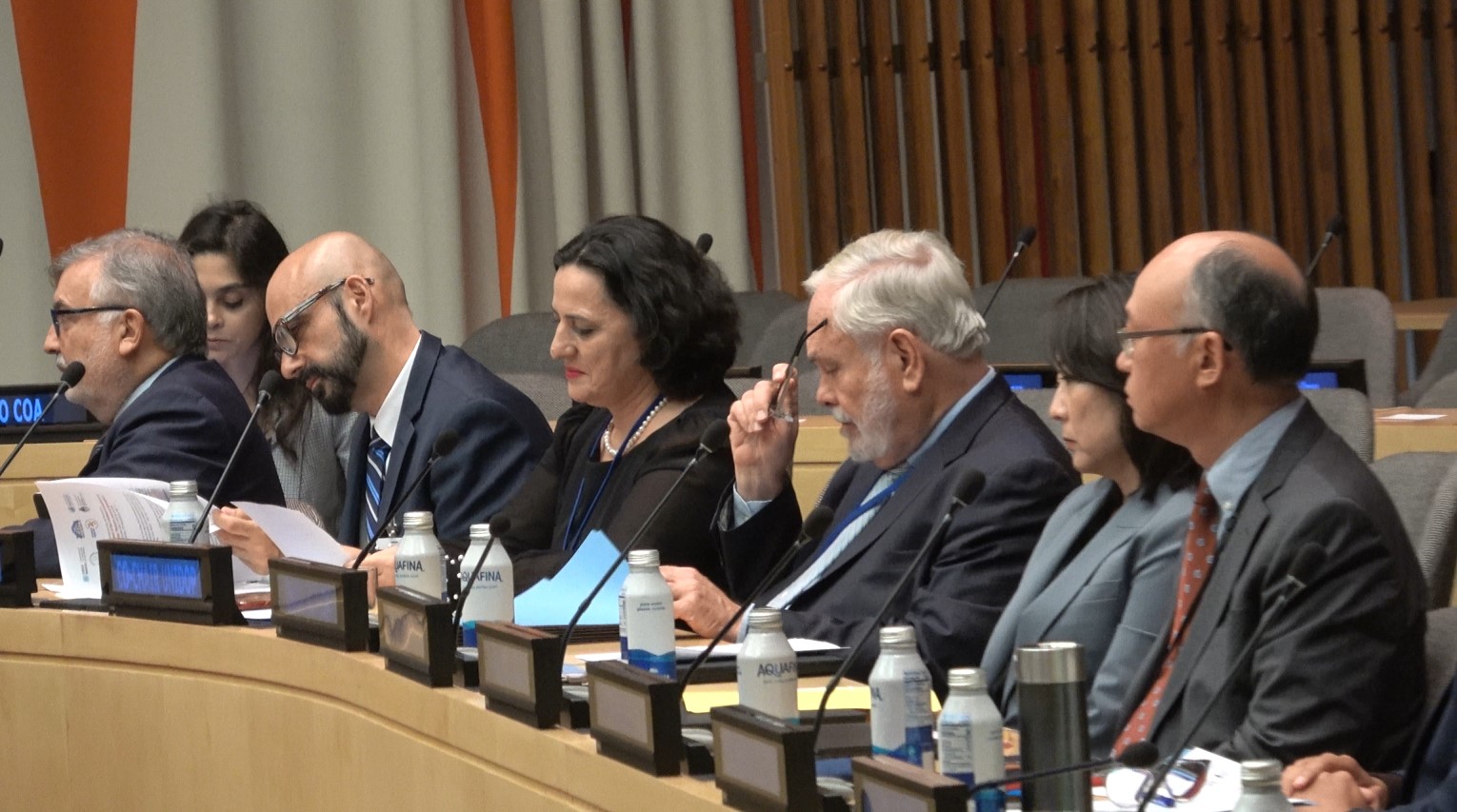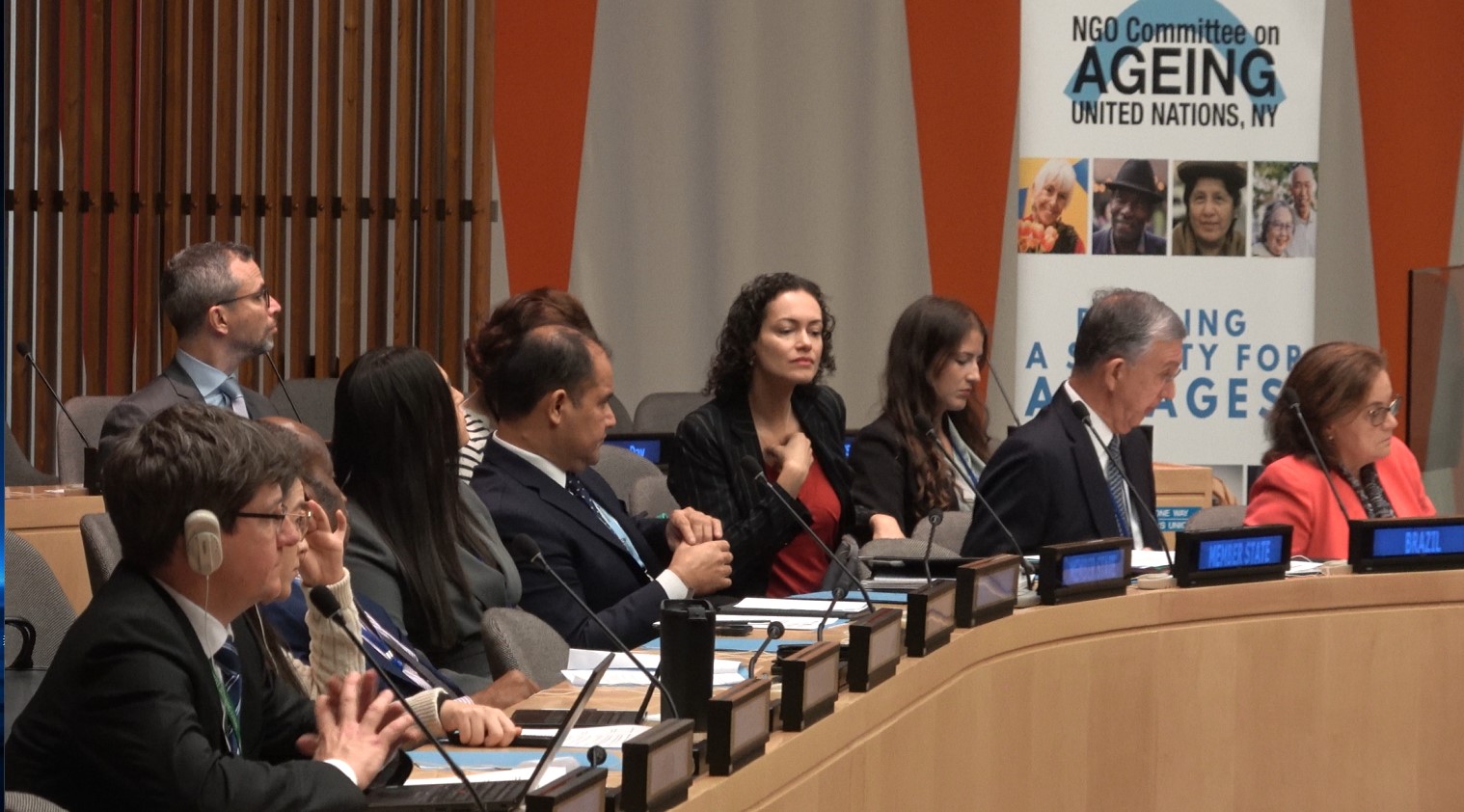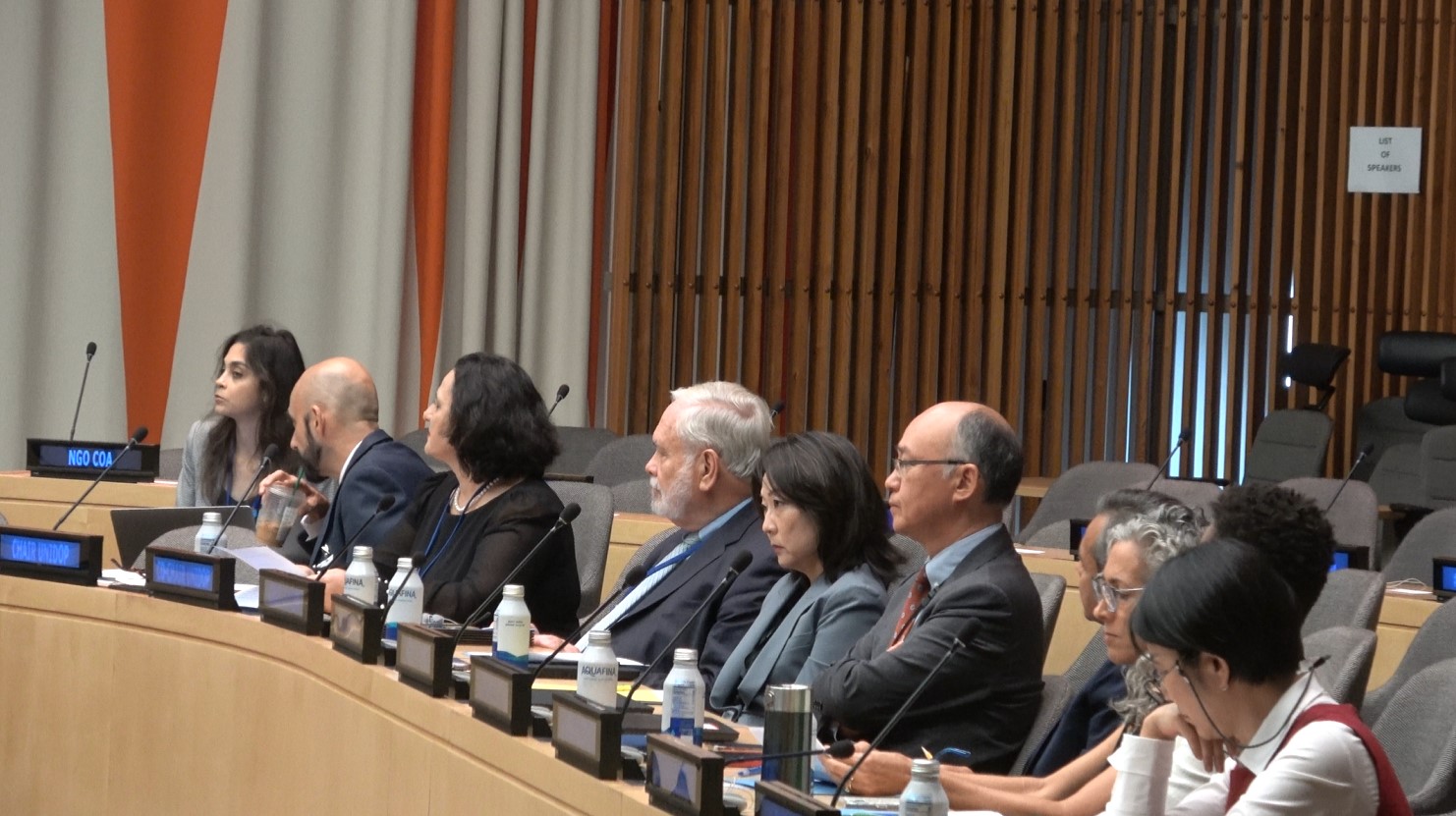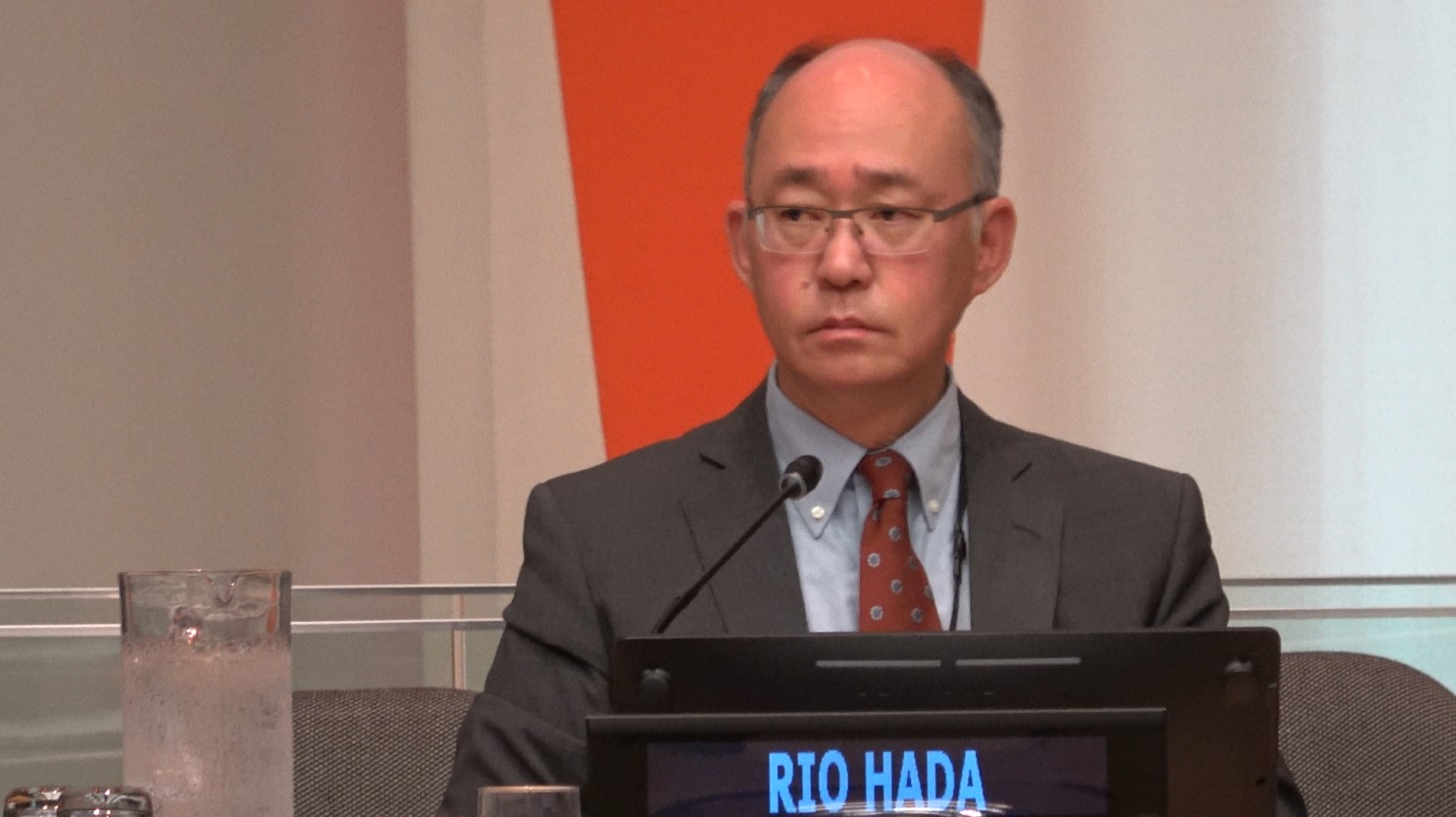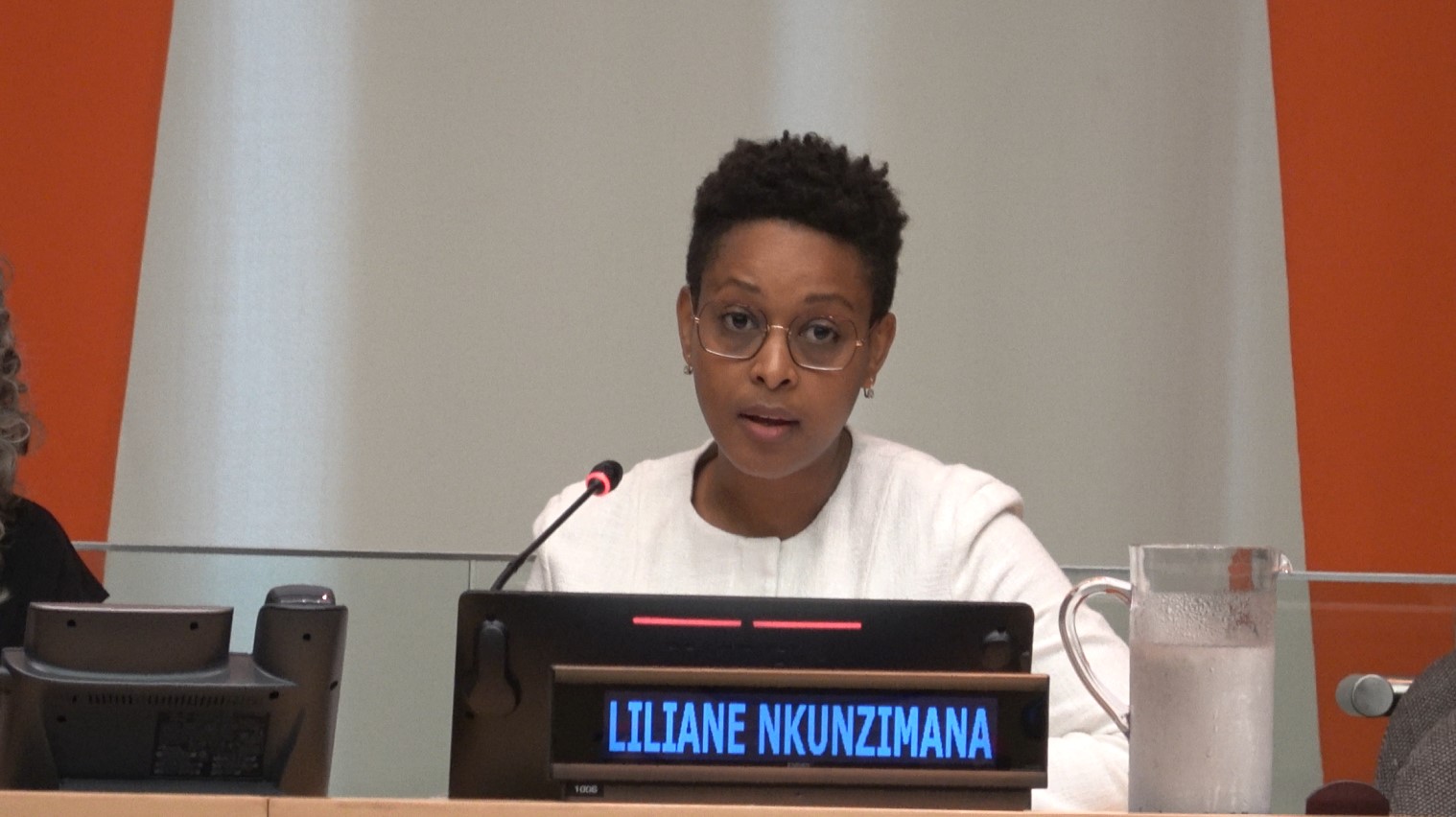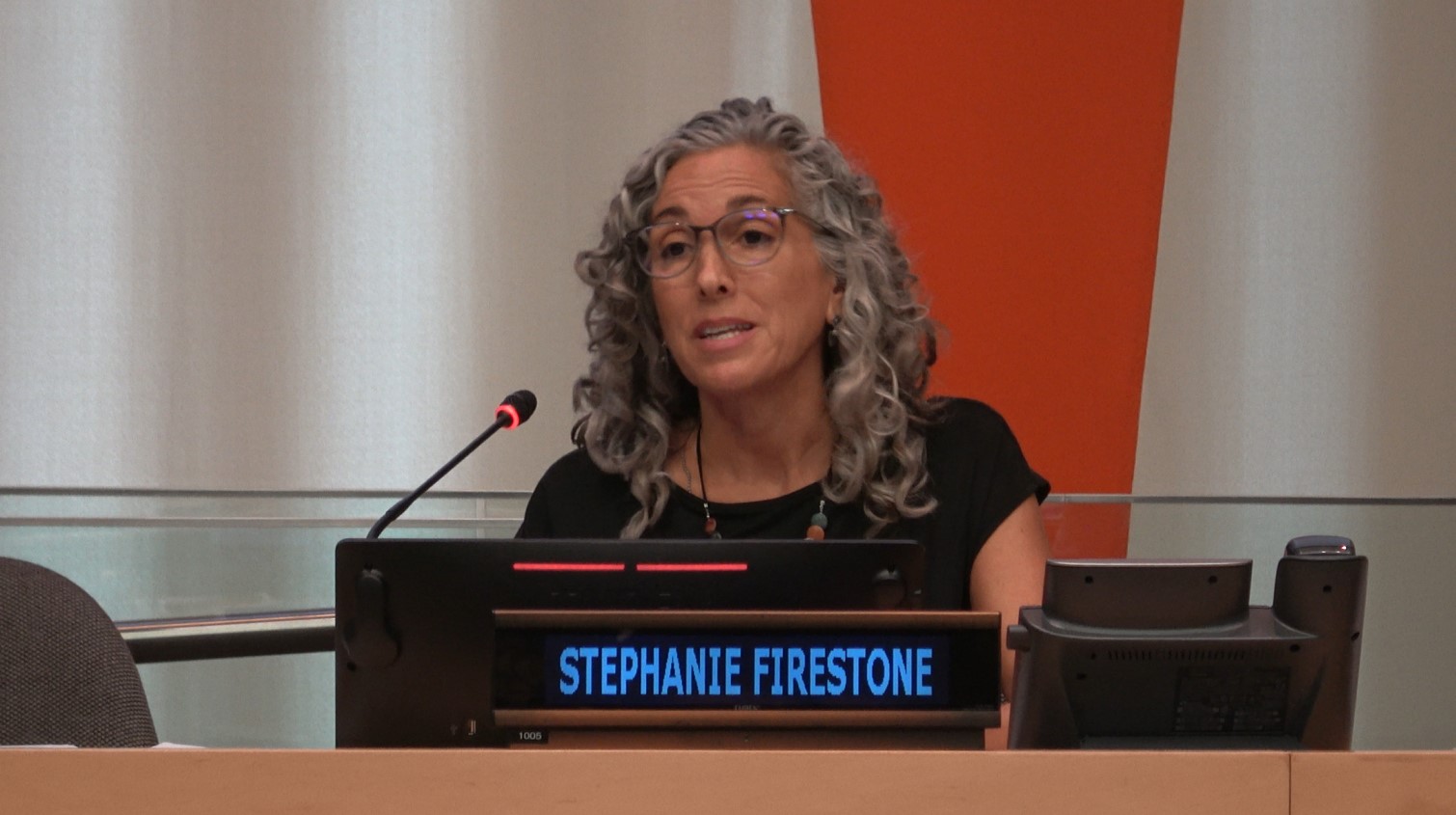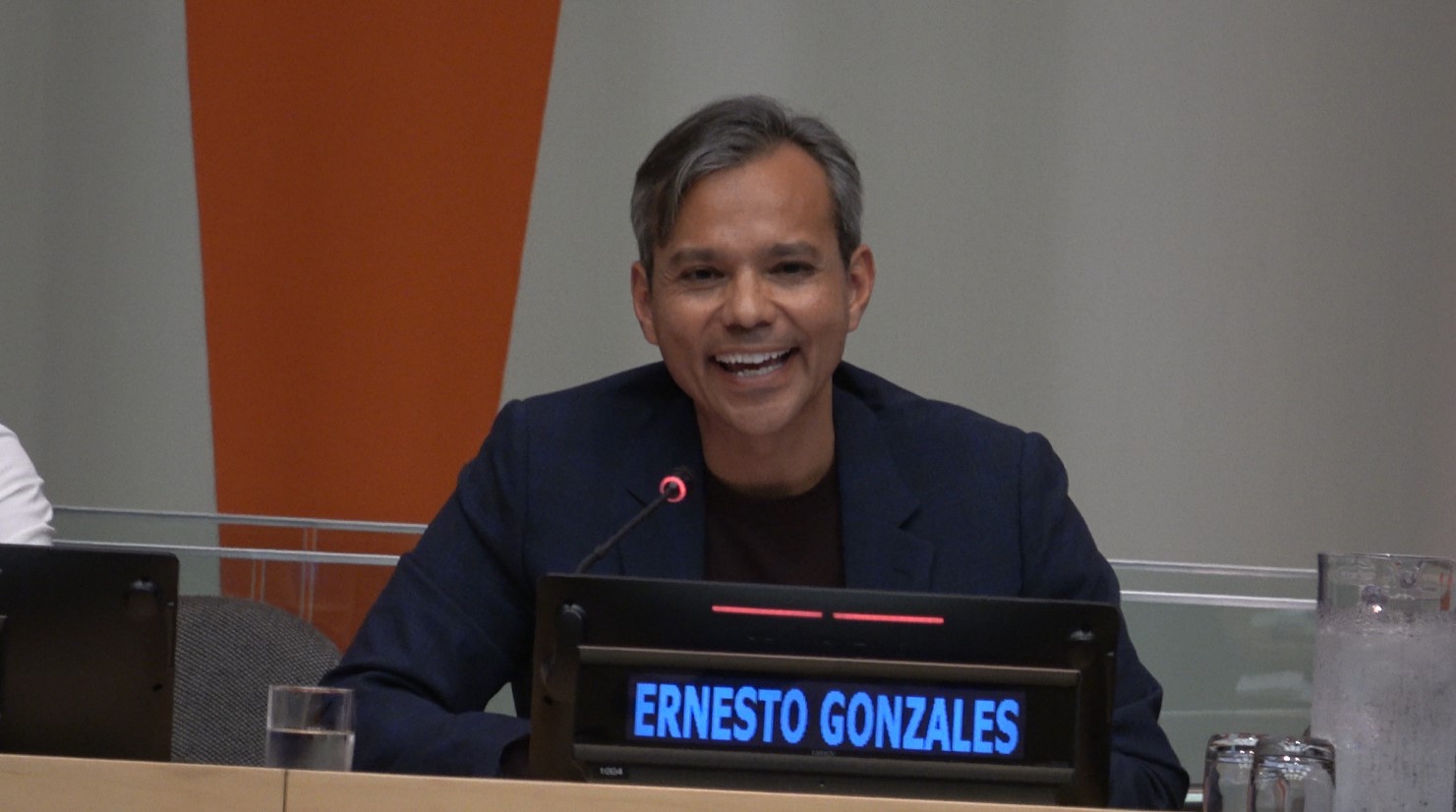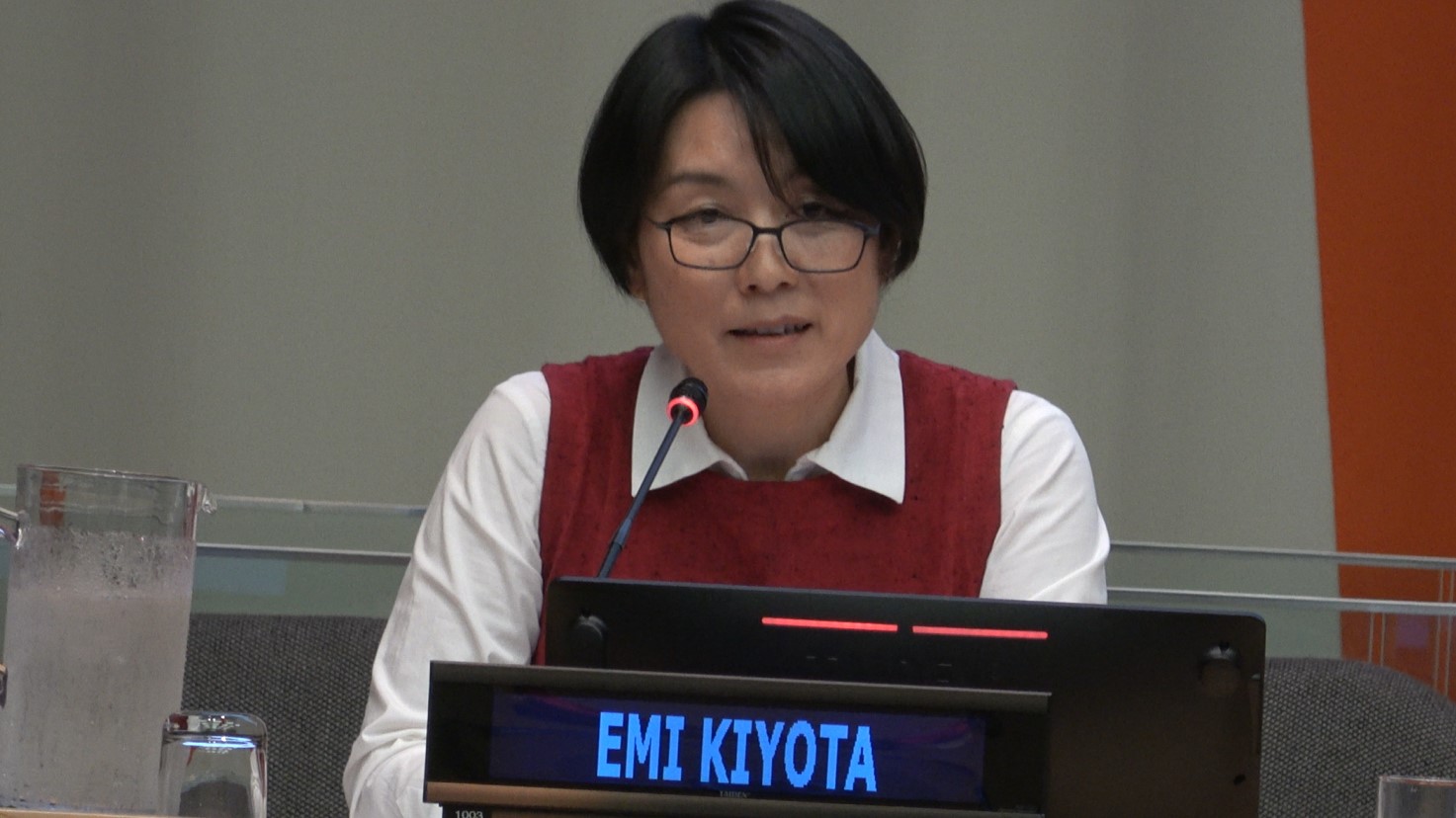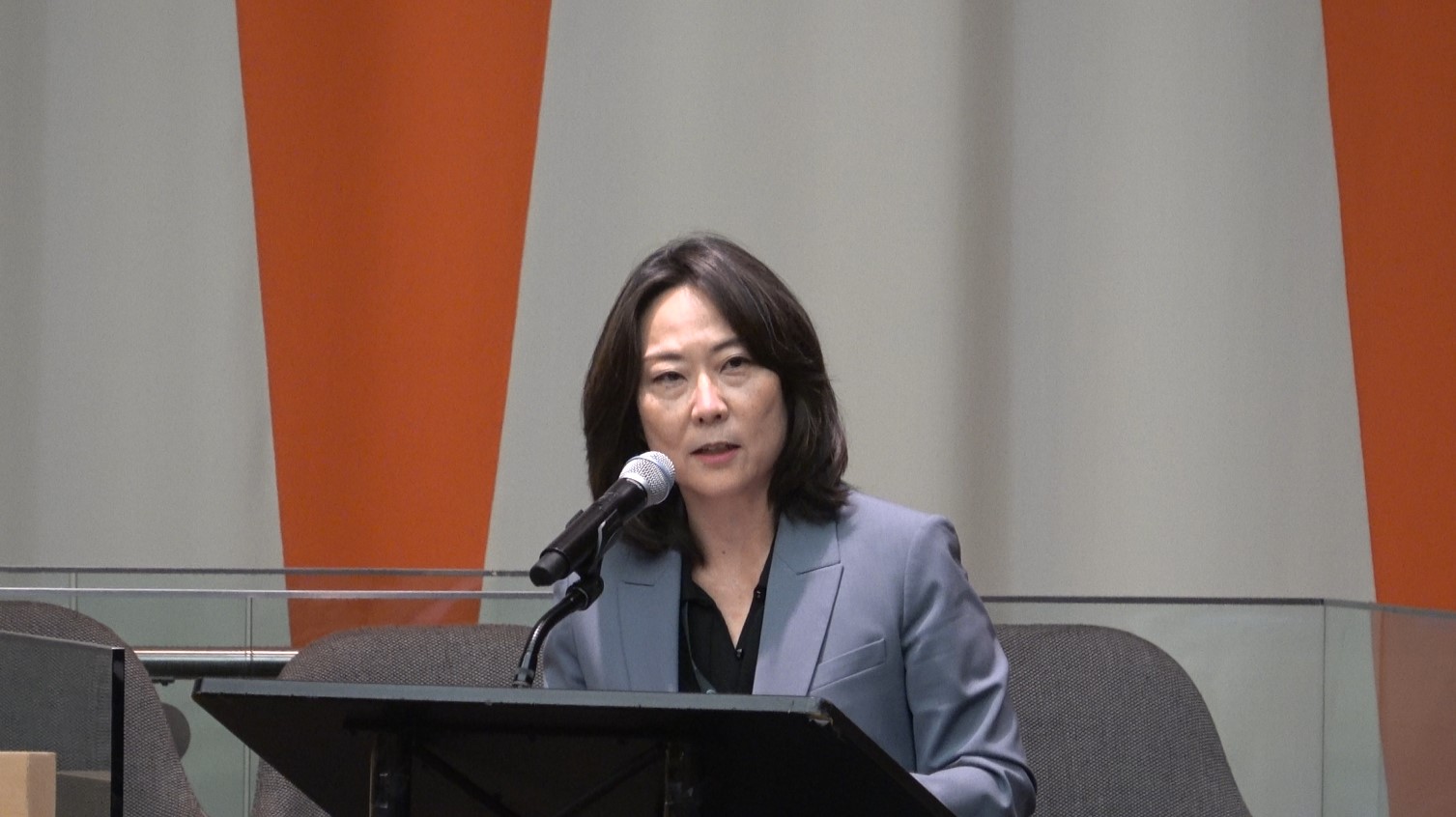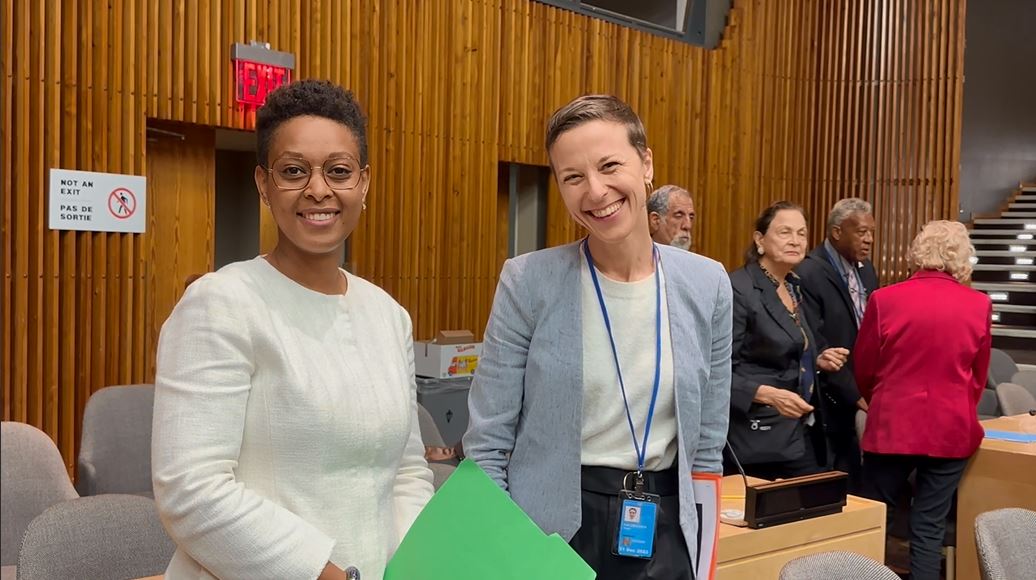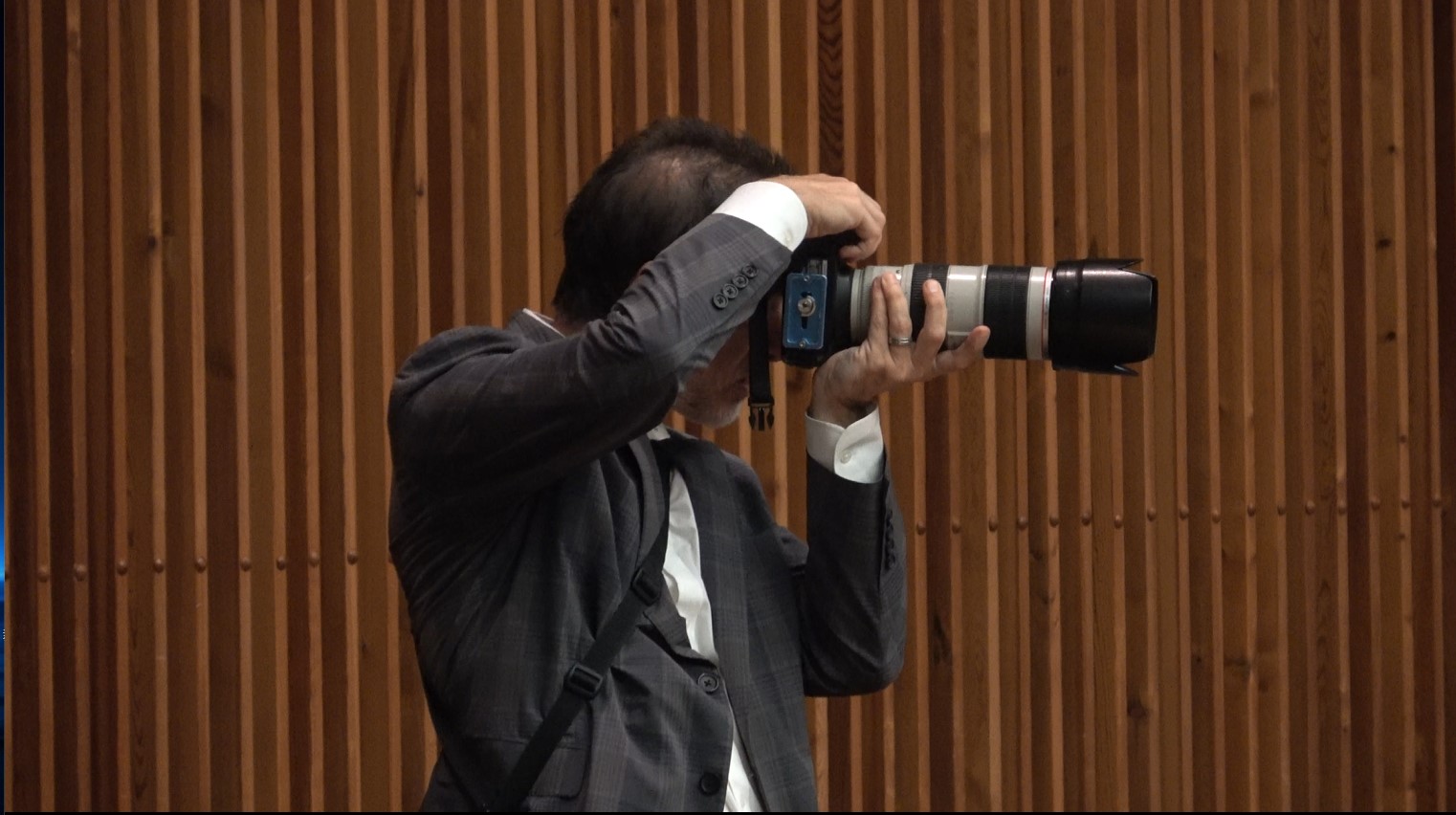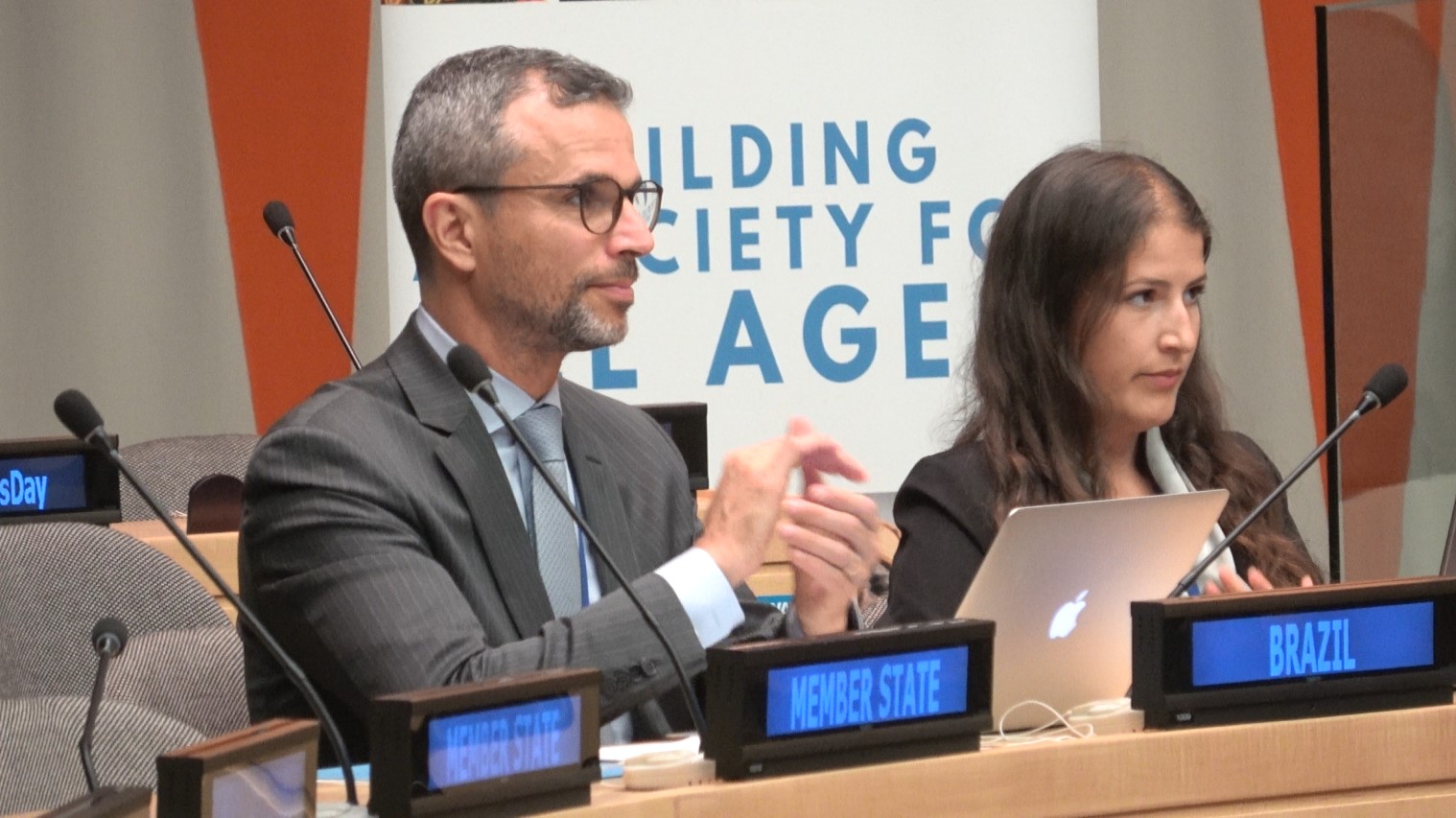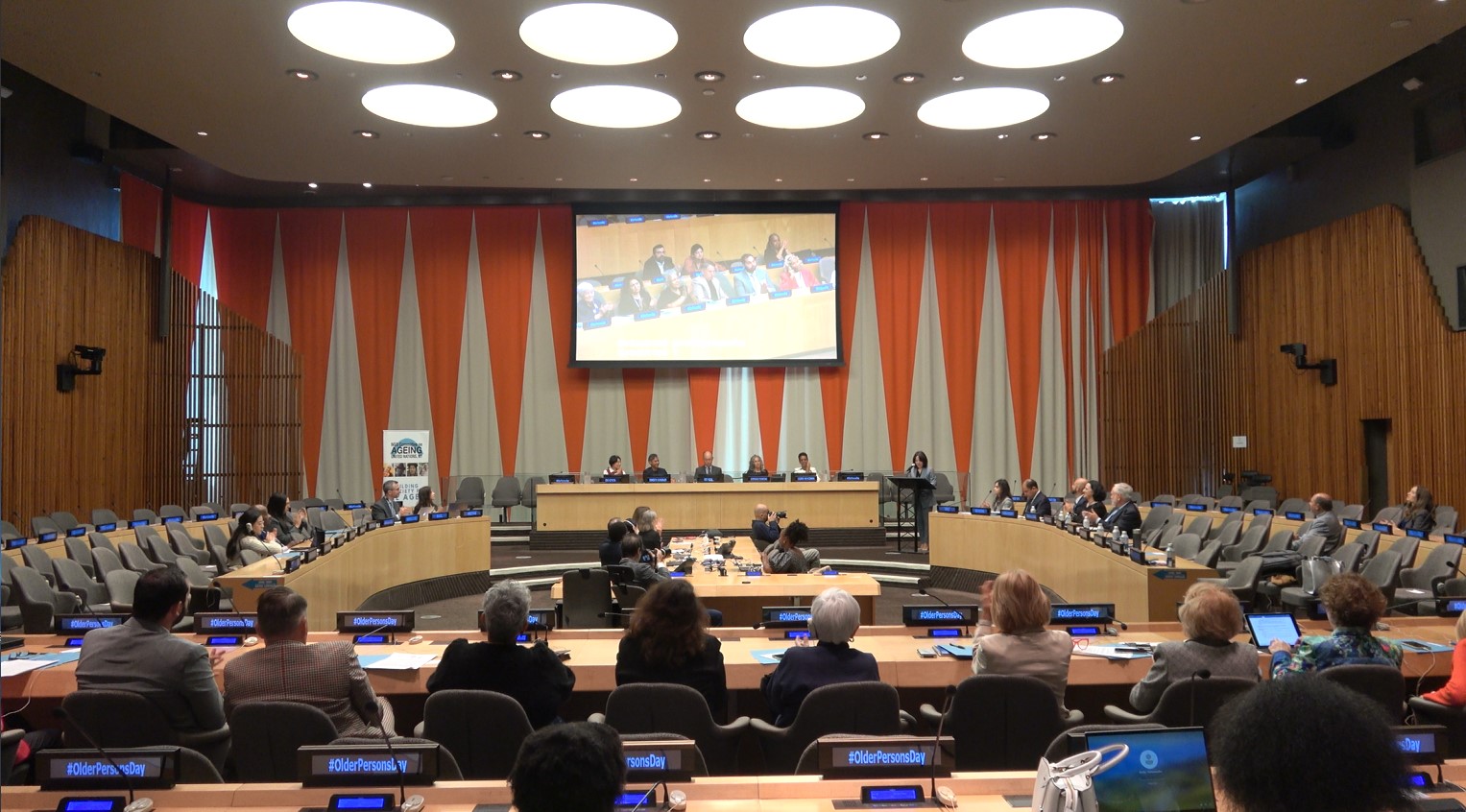Gaza: Nowhere to go, as humanitarian crisis reaches 'dangerous new low'
- Details
- Category: World Hot News
- Published: Thursday, 12 October 2023 11:10
- Written by Gentry
 © UNICEF/Mohammad Ajjour Children walk in the wreckage of homes destroyed by airstrikes in Al Shati refugee camp in the Gaza.
© UNICEF/Mohammad Ajjour Children walk in the wreckage of homes destroyed by airstrikes in Al Shati refugee camp in the Gaza.
Humanitarians expressed deep concern on Friday for all civilians in the Gaza Strip following Israel’s order for the entire population there to leave the north, amid ongoing airstrikes and a deepening crisis. The UN chief told reporters outside the Security Council the world had to unite around the principle of protecting civilians and "finding a lasting solution to this unending cycle of death and destruction."
The development follows an announcement by UN Spokesperson, Stéphane Dujarric, just before midnight Eastern Standard Time on Thursday, that UN representatives in Gaza had been told by Israeli military liaison officers everyone living north of Wadi Gaza should relocate to southern Gaza within 24 hours.
Some 1.1 million people would be expected to leave northern Gaza, Mr. Dujarric said, adding that the same order applied to all UN staff and those sheltered in UN facilities, including schools, health centres and clinics.
The UN considers it “impossible” for such a movement to take place without devastating humanitarian consequences and appeals for the order to be rescinded, he added.
Guterres calls on Israel to avert 'humanitarian catastrophe'
Briefing journalists in New York on Friday afternoon, Mr. Dujarric said the UN Secretary-General António Guterres had been “working the phones” since Thursday night.
“He’s been in constant contact with Israeli authorities urging them to avert a humanitarian catastrophe.” The UN chief has also been in touch with ambassadors in New York and other key officials in the Middle East.
Mr. Dujarric said it was essential to provide humanitarian access for civilians trapped inside the Gaza Strip to prevent more deaths.
He said it was vital to protect all civilians, including those sheltering in UN Palestine refugee agency (UNRWA) schools.
'Death sentence'
The UN World Health Organization (WHO) joined the call for Israel to rescind the relocation order, which amounted to a “death sentence” for many, said WHO spokesperson Tarik Jasarevic.
He told journalists in Geneva, in line with the assessment of health authorities there, that it would be “impossible to evacuate vulnerable hospital patients from the north of Gaza”.
The UN also reiterated its calls for the immediate release of hostages held in Gaza following Hamas’s deadly Saturday attack on Israel, and for the protection of civilians and urgent aid access to the sealed-off enclave.
‘Pushing people into the abyss’
UN humanitarians joined their voices to these calls on Friday, urging the parties to save civilian lives.
UN relief chief Martin Griffiths, tweeted that "the noose around the civilian population in Gaza is tightening", asking how such a huge number of people could possible move across a "densely populated warzone" in just 24 hours.
Philippe Lazzarini, the head of UNRWA, warned that the relocation order “will only lead to unprecedented levels of misery and further push people in Gaza into abyss”. He said that over 423,000 people across the enclave have already been displaced, of whom more than 270,000 have taken refuge in UNRWA shelters.
The agency tweeted later on Friday that Gaza was "fast becoming a hell hole and is on the brink of collapse. There is no exception, all parties must uphold the laws of war."
Briefing reporters in Geneva, UN Children’s Fund (UNICEF) spokesperson James Elder regretted that the humanitarian situation has now reached “lethal lows”.
He highlighted that the Gaza Strip is one of the most densely populated places on the planet and people, including hundreds of thousands of children, who are finding themselves “with nowhere safe to go”.
OCHA spokesperson Jens Laerke also underscored the impossibility of a relocation, asking, “in the middle of a war zone where people are already at the end of the rope, how is that going to happen?”

Aid ‘locked out’
He also insisted on the urgency of humanitarian access to Gaza as all supplies were rapidly depleting.
“We’re pretty much locked out,” he said.
On Thursday, the UN launched a flash appeal for $294 million for 77 humanitarian partners to address the most urgent needs of 1.26 million people in Gaza and the occupied West Bank.
“This is a response to an escalation that has put civilians in a situation in which they should never be,” Mr. Laerke said about the appeal. “The most urgent priority is now to de-escalate,” he added.
Health system at ‘breaking point’
WHO’s Mr. Jašarević insisted that the health system in Gaza is at a “breaking point”. The two major hospitals in the north of the Gaza Strip, the Indonesian Hospital and Shifa Hospital, have already exceeded their combined 760-bed capacity and the hospitals in the south of Gaza were also “overflowing”.
Six of the seven main hospitals in Gaza are only partially functioning, he added.
‘Death sentence’ for the vulnerable
He stressed that moving vulnerable patients such as those critically injured and adults, children and newborns depending on life support in intensive care, would be a “death sentence”.
“Asking health workers to do so is beyond cruel,” he said.
Mr. Jašarević painted a very grim picture of the reality in Gaza’s health facilities, saying that health workers on the ground described dead bodies “piling up” as there is no more space in the morgues, and ambulances and doctors have to make a “horrific choice” as to who to save and who to leave behind.
Attacks on healthcare
He added that as of Thursday 34 attacks on health care in the Gaza Strip had been confirmed since the beginning of the current offensive resulting in the deaths of 11 health care workers on duty. The Gaza Emergency Operation Centre, supported by WHO, has sustained heavy damages, he said.
He also cited reports of an attack by Hamas on Ashkelon hospital in Israel over the past weekend, in which one paramedic was killed.
Release hostages, protect civilians
UN human rights office (OHCHR) spokesperson Ravina Shamdasani insisted yet again that civilians “must never be used as bargaining chips”. She called for the “immediate and unconditional” release of hostages and their humane treatment.
OHCHR urged Palestinian armed groups to “halt the use of inherently indiscriminate projectiles, which violate international humanitarian law, as well as attacks directed against civilians”. The UN office also urged Israel to ensure full respect for international humanitarian and human rights law “in any and all military operations”.
OHCHR said that rhetoric from Israeli high-level officials “raises concerns that a message is being sent to the members of the Israeli Defense Forces that international humanitarian law has become optional rather than compulsory”.
UNICEF’s James Elder also insisted that in this dire situation, “compassion – and international law – must prevail”.
Rise in hate speech
Addressing the ever-stronger echoes of the conflict across the world, Ms. Shamdasani said that UN rights chief Volker Türk deplored the fact that in many countries, there has been a “proliferation of anti-Semitic and Islamophobic hate speech”.
Appealing to leaders to stem such hate speech and incitements to violence, the OHCHR spokesperson that faced with this desperate situation, the world should unite.
“This is a time for the international community to come together in solidarity, advocating for the protection of all civilians, no matter where, no matter what,” she insisted.
The UN Security Council is now meeting behind closed doors, to address the situation in Gaza.
Briefing on his way into the chamber, UN chief António Guterres said the situation in Gaza “has reached a dangerous new low.”
He said moving over a million Gazans “across a densely populated warzone to a place with no food, water, or accommodation, when the entire territory is under siege, is extremely dangerous – and in some cases, simply not possible.”
Unending cycle of death and destruction must end - Guterres
Hospitals in the south of Gaza are already at capacity and will not be able to accept thousands of new patients, he stressed.
Morgues are overflowing, 11 healthcare staff have been killed while on duty; and there have been 34 attacks on health facilities.
“Our United Nations staff and our partners are working around the clock to support the people of Gaza. We mourn for our colleagues who have been killed – a number that is increasing by the day.”
He also expressed deep concern over the exchanges of fire across the Blue Line – the unofficial frontier between south Lebanon and northern Israel – demanding that it stop.
'Even wars have rules'
“We need immediate humanitarian access throughout Gaza, so that we can get fuel, food and water to everyone in need. Even wars have rules. International humanitarian law and human rights law must be respected and upheld; civilians must be protected and never used as shields.
He called for all hostages in Gaza to be released immediately.
His final impassioned plea was for an end to hate speech and dehumanizing language: “I call on all leaders to speak out against Antisemitism, anti-Muslim bigotry and hate speech of all kinds.
“This is a time for the international community to come together around protecting civilians and finding a lasting solution to this unending cycle of death and destruction.”



 UN Photo/Rick Bajornas The Secretariat building at United Nations Headquarters, in New York.
UN Photo/Rick Bajornas The Secretariat building at United Nations Headquarters, in New York. UN Photo/Mark Garten A participant at high-level week at the UN General Assembly session.
UN Photo/Mark Garten A participant at high-level week at the UN General Assembly session. UN News/Daniel Johnson Martin Griffiths, UN Under-Secretary-General for Humanitarian Affairs and Emergency Relief Coordinator (file).
UN News/Daniel Johnson Martin Griffiths, UN Under-Secretary-General for Humanitarian Affairs and Emergency Relief Coordinator (file).